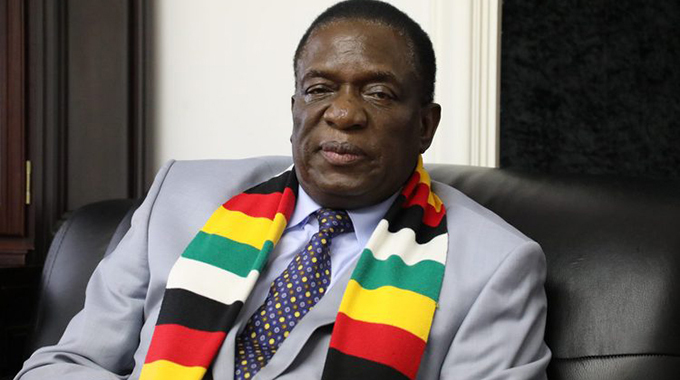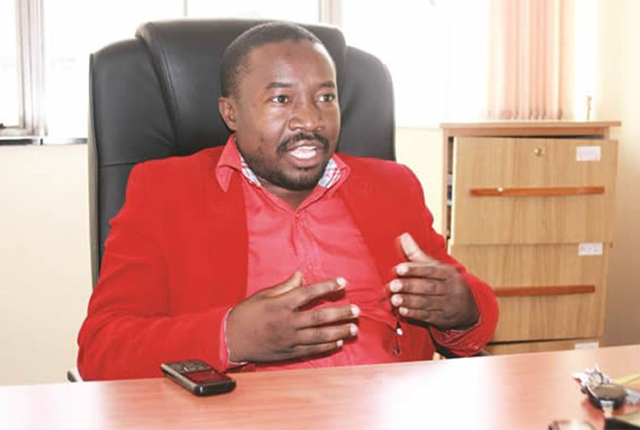Mandatory rape sentence gazetted

Herald Reporter
The proposed 15-year minimum sentence for rape is one of four sets of amendments sought in the Criminal Law Codification and Reform Amendment Bill gazetted yesterday and will be debated by Parliament next year.
The second proposal criminalises seeking foreign intervention to resolve concerns against anyone including the State; the third broadens the definition of dangerous drugs, while ensuring industrial hemp is exempt; and the fourth tightens the definition of criminal abuse of office to exclude honest mistakes.
The provision of a mandatory minimum sentence for rape follows intense lobbying to Government by women’s groups, legislators and other gender activists, to have such sentences as a deterrent measure. Sentences can be higher, but not lower without a finding of very special circumstances.
According to the memorandum for the Bill, which explains what the legal wording means, the proposed new clause “will amend section 65 of the principal Act to put 15 years as the minimum mandatory sentence for rape. There have been wide spread concerns over the rising incidents of the heinous crime of sexual violence and rape, and it has been seen fit that more deterrent measures should be put in place to stamp out the crime.”
The second of the four sought amendments would criminalise actions of people who seek to undermine the country’s sovereignty through seeking foreign intervention in its domestic affairs.
There will be inserted into the Act a new section 22A. “Our Constitutional order of Zimbabwe that is based on parliamentary democracy affords many avenues for aggrieved citizens to redress their wrong internally, including against the State,” explains the memorandum.
“It is therefore improper for citizens and residents of Zimbabwe by recourse to foreign countries to seek to implement measures that undermine our sovereignty, dignity and independence as a nation. This clause will criminalise such conduct.”
Some activists have approached Western capitals and institutions calling for sanctions and other measures detrimental to Zimbabwe’s interests as part of their efforts to effect regime change. The sanctions against Zimbabwe have negatively affected the economy resulting in hardship to all. People have a Constitutional right to speak out against the Government, can stand against in elections in opposition to whoever makes up the Government, and can sue the Government in the courts if they believe they have been wronged.
The third proposal would see section 155 of the Act amended to expand the definition of “dangerous drug” to include prepared opium, prepared cannabis, cannabis resin and a scheduled drug. It adds the definition of industrial hemp to make clear where the boundary between industrial hemp, a useful industrial fibre, and the related cannabis lies.
The fourth proposed change would amend section 174(1) of the principal Act. The memorandum explains that the current framing of the offence of criminal abuse of office in this section is very broad in its scope and public officers can be criminally prosecuted for honest mistakes made during the course of their duties.
“Hence the amendment will limit the crime to include an essential element of knowledge on the part of a public official that his or her conduct was illegal,” said the explanatory note.
Honest mistakes could still be dealt with under the disciplinary regulations if a superior felt the action was negligent or reckless, but it would not be criminally corruption if there was no knowledge that the action was illegal.







Comments